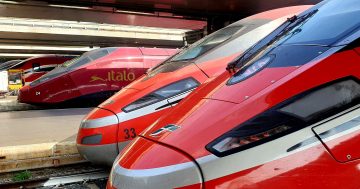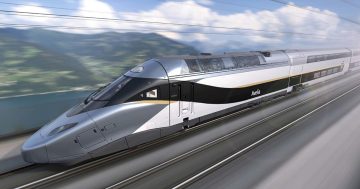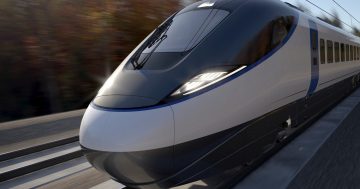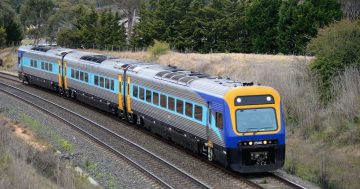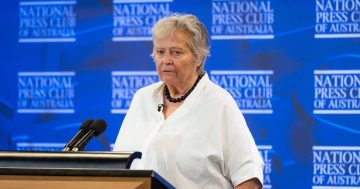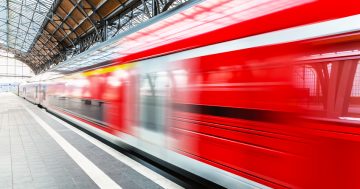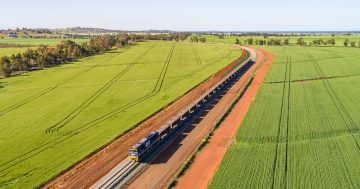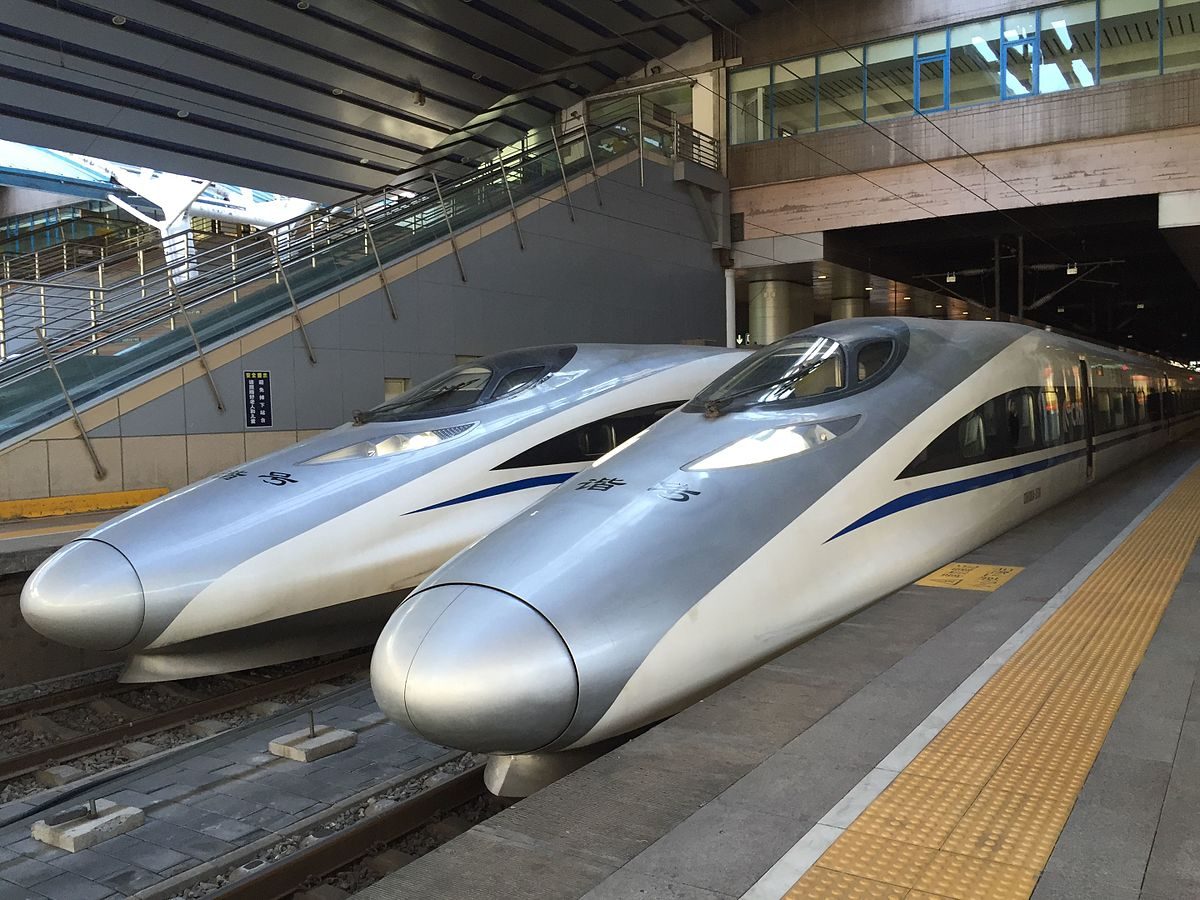
High-speed rail in Australia has undergone numerous feasibility studies since the late 1980s. Photo: File.
The members of the new High Speed Rail Authority Board (HSRA) have been appointed by the federal Minister for Infrastructure, Transport, Regional Development and Local Government, Catherine King.
The board has been appointed after a 2022 undertaking by the government to study the feasibility of high-speed rail. The recruitment process kicked off in February this year. They start work on 15 June.
Chairing the HSRA Board will be experienced privatised transport infrastructure, social infrastructure and public healthcare executive Jill Rossouw.
She will be joined by a current director of Ausgrid, Gillian Brown; the CEO of the UK’s High Speed One (HS1) Ltd, Dyan Crowther; experienced engineer and project manager, Ian Hunt; and recent Director-General of the Queensland Department of Transport and Main Roads, Neil Scales.
Ms Rossouw is currently the executive director infrastructure at IFM Investors and a Port of Brisbane board member.
Ms Brown is an experienced non-executive director with expertise in transport, infrastructure and fund management and is a non-executive director of Queensland Investment Corporation.
Ms Crowther has extensive board experience, has a Masters in Transport and Logistics from Salford University, and is a Fellow of the Institute of Leadership and Management.
Mr Hunt, a former infrastructure CEO with over 30 years’ experience in engineering and project management, has held leadership positions in major project delivery and engineering services organisations and is currently a non-executive director of Canberra Light Rail.
Mr Scales is a former CEO of Translink and Director-General of Merseytravel in the UK, is the chair of Austroads, a commissioner of the National Transport Commission, and a member of the Queensland Transport and Logistics Council.
In a 5 June statement, the Minister said a merit-based process was completed to select the chair and board members of the HSRA and that the process had resulted in “a board with the appropriate skills, qualifications, knowledge and experience to bring high-speed rail to reality”.
Australia has long-held ambitions to build a high-speed rail network along the eastern seaboard linking Brisbane, Newcastle, Sydney, the Southern Highlands, Canberra, Wagga Wagga/Albury-Wodonga, and Melbourne, but multiple feasibility studies have demonstrated that the economics of what would be a multi-billion dollar project are yet to stack up.
But with rising aviation fuel costs, growing passenger traffic, and an increased focus on environmental issues, the government feels it’s time to revisit the concept.
“High-speed rail will revolutionise interstate travel on the east coast, providing a fast alternative for people to move between cities and regional centres, promoting sustainable settlement patterns and creating broad economic benefits for regional centres,” Ms King said.
“This is a transformational project that has the ability to touch the lives of all Australians, particularly in our regions. The network could allow passengers to travel between major cities and regional centres at speeds exceeding 250 km/h.”
She said the first priority of the Authority will be to study what conduct planning and corridor works would be required for the Sydney-to-Newcastle section of the network. The study will be backed by $500 million from the government.












